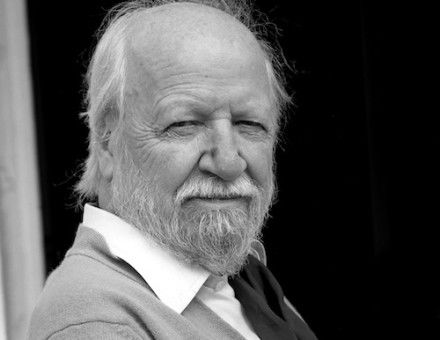Remembrance of Things Past
The coincidence, or otherwise, of memory and history has been a fruitful field for study for several years now, and one that has proved to be fraught with controversy and alarm.
Few people have been more active in promoting the need for Germans to face up to the historical realities of 1933-45 than the widely acclaimed novelist Günter Grass, so it is barely surprising that his sudden admission in his new autobiography that as a seventeen-year-old he spent several months in the Waffen-SS should have been greeted by dismay, anger, disappointment and general mystification.
Yet the time-lag between his first involvement in the business of coming to terms with the past and this new revelation is perhaps a graphic demonstration of how complex and troubling the whole process is. Many veterans have felt the need to wait sixty years or more before telling their stories of the war; and it is well known that the stories people tell of their youth can quite innocently be ‘improved’ in the retelling. Perhaps Grass should be admired for breaking through his earlier reticence, rather than castigated for failing to come clean earlier.





